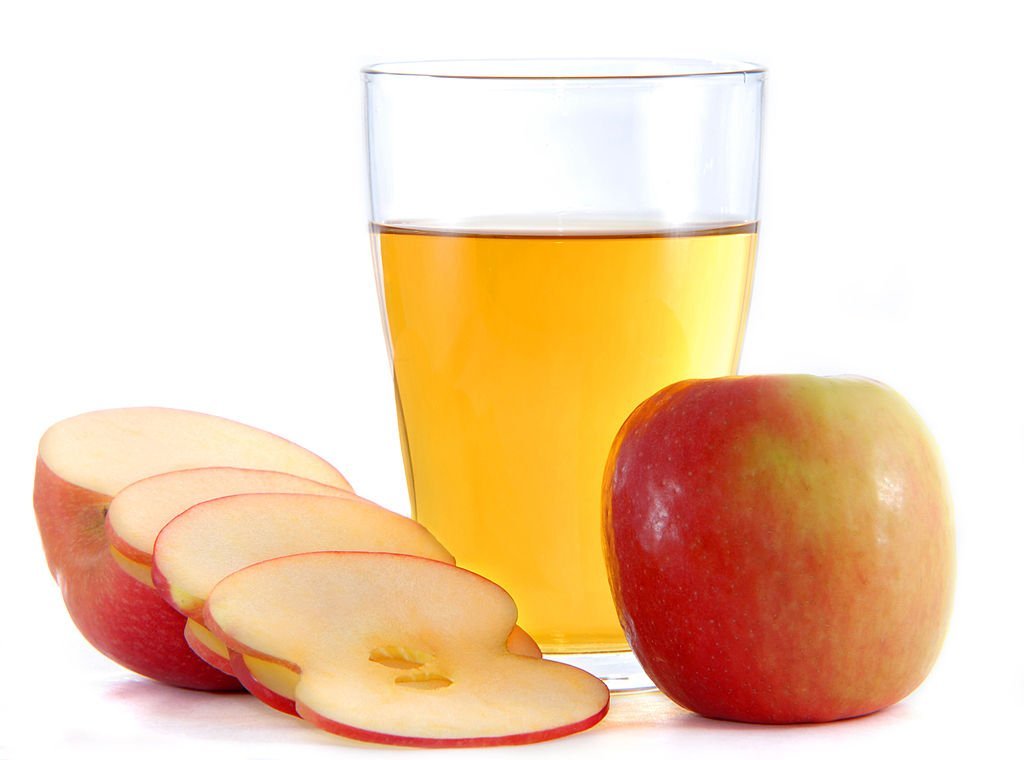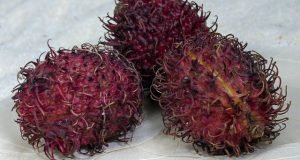What is Ashwagandha?
Ashwagandha, also known as Indian ginseng or winter cherry, is a type of adaptogenic herb which offers many incredible health benefits, such as preventing cancer, improving mood, protecting the heart, and even boosting libido.
It is rich in iron, potassium, glucose, fatty acids, antioxidants, flavonoids, and other beneficial compounds, which are excellent for your health.
Where does it come from?
It originates from India, where its name means “the strength of the stallion” because it is known to significantly strengthen the immune system after an illness. It’s a small herbal shrub with bright berry-like flowers and has a deep, musky scent which has also been compared to horses.
For centuries, the root has been used in eastern cultures for its medicinal purposes to heal the body and lengthen life, which is now proving to be more than myth and legend. Research has shown that the root contains incredible compounds that have been found to be anti-inflammatory, anti-oxidizing, anti-stress, and extremely good for the health of your body and mind.
Thriving in both very high and very low temperatures means that it can now be grown all over the world and is available all year round.
Where Can You Get It?
This amazing herbal supplement can be found in health food stores and pharmacies in either fresh, dried, powdered or tonic form and is suitable for all ages. It is also often found in the form of a tea, which can be brewed just like any other herbal tea.
It’s important to always look for an organic brand that comes from a high-quality and trusted source and to consult with a healthcare professional if you have any concerns about taking it.
How Do You Use It?
The tonic is best suited for children because it’s easier to take, while the capsules are best suited for adults. The powder can be stirred into water, milk, tea, juice, or any beverage of your choice, which makes it very easy to incorporate into your healthy lifestyle.
It can even be made into a paste and applied topically to wounds, injuries, and swollen areas of the body, helping to reduce inflammation and to draw out toxins.
What are the Health Benefits of Ashwagandha?
1. Stimulates Brain Power
A study conducted in 2010, which was published in the Phytotherapy Research journal, found that several compounds in ashwagandha helped to stimulate the production of acetylcholine, which is the main chemical for neurotransmission in the brain. This helps to improve cognitive function, memory retention, and learning abilities, and can even help to reduce the development of Alzheimer’s or Parkinson’s disease.
2. Helps to Prevent Cancer
The powerful antioxidants and phytochemicals help to inhibit the development of cancer cells and help to protect all of the healthy cells in the body.
A study conducted at the National Institute of Advanced Science and Technology in Japan found that the root and leaves of this herbal shrub are anti-carcinogenic, which means that it stops the growth and spread of cancer cells.
3. Reduces Stress and Anxiety
In a controlled study, researchers found that supplementing with ashwagandha root could help to reduce cortisol levels by as much as 30%, which is the stress hormone in the body. This is helpful in treating the symptoms of chronic stress and adrenal fatigue, which can further help to prevent obesity, fatigue, irregular blood sugar levels, and premature aging.
4. Improves Mood and Lifts Depression
During a controlled 60-day study, researchers compared the results of ashwagandha root supplementation with a placebo in a group of clinically depressed adults.
It was found that the participants who received the placebo had a 10% increase in the symptoms of depression, while the ones who were given the herb had a 79% reduction in any symptoms of severe depression.
Research is still ongoing but the evidence is mounting that this supplement could help to significantly improve mood and lift depression.
5. Can Increase Male Fertility
It was found that sperm count and motility increased in 75 infertile men during a controlled study after being given ashwagandha root, which is a promising outcome for increasing male fertility.
The treatment also boosted testosterone levels, which is the male sex hormone, and resulted in 14% of the men’s partners becoming pregnant within 3 months.
6. Supports a Lean and Healthy Physique
Healthy men were given 750-1250 milligrams of the supplement for 30 days and it was found that it helped to increase muscle mass while simultaneously reducing fat percentage, which resulted in leaner and stronger overall physiques. In a separate study, it was proven to more than double the reduction in body fat percentage while boosting muscle size and stamina.
7. Helps to Lower Cholesterol
One study of laboratory mice showed that due to its powerful anti-inflammatory properties, this herb can help to lower cholesterol levels by as much as 45%, which is excellent for maintaining cardiovascular health.
While human studies are still ongoing, the results are very promising, even helping to lower triglyceride levels in the blood. During a recent 60-day study it was found that ashwagandha supplementation helped to reduce bad cholesterol levels (LDL) by 17% and triglyceride levels by 11%, on average. This could help to prevent heart disease, which is the number one killer in the world, accounting for more than 17 million deaths in the world per year, as well as reducing the risk of strokes, diabetes, and obesity.
What is the Correct Dosage?
While there is no official recommended dosage for this natural supplement, many doctors recommend taking 1-2 capsules per day or the equivalent of 500 milligrams per day.
However, in some cases, the optimal dose is recommended at 6000 milligrams per day, especially during times of severe stress and trauma. It is suggested to always take it with meals to avoid any digestive disruptions and is best taken first thing in the morning with breakfast.
Any Negative Side Effects?
Taken in moderation, there are no known side effects and it is not known to interact with any other herbal supplements or medication. However, to eliminate any risk, it is not recommended to take during pregnancy or breastfeeding.
Having sedative properties means that an excessive dosage could induce lethargy and could cause confusion, dizziness, and vomiting.
Doctors recommend a diet rich in healthy fats, protein, and fiber to get the most out of your new ashwagandha supplement, which means eliminating sugar and refined grains.Consult with your doctor before commencing supplementation to make sure that it’s the right choice for you.
Sources:
https://examine.com/supplements/ashwagandha/
https://www.ncbi.nlm.nih.gov/pubmed/23439798
https://www.ncbi.nlm.nih.gov/pubmed/23723668
https://www.sciencedirect.com/science/article/pii/S037887419800107X
https://www.ncbi.nlm.nih.gov/pubmed/15082018
https://www.ncbi.nlm.nih.gov/pmc/articles/PMC3252722/






